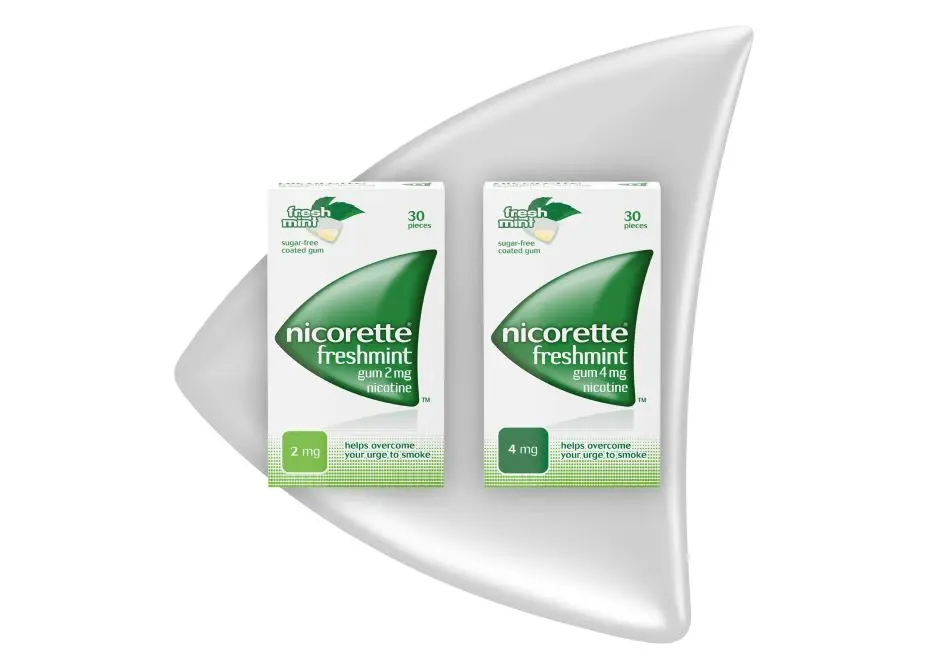At some point in your life, you may be asked to do a nicotine test to detect the amount of nicotine in your system.
How Does Nicotine Show up in Blood Tests?
Nicotine and cotinine, the substance produced after nicotine enters the body, can be tested in various ways. Qualitative testing simply determines whether you have nicotine in your system. Whereas, quantitative testing determines the amount of nicotine or cotinine in your system. It provides further details about your smoking behaviors. It can determine if you’re a regular smoker or if you’ve recently stopped. It can determine if you’ve been inhaling a lot of tobacco smoke or not, even if you don’t smoke115.
Cotinine, not nicotine, is usually the focus of the tests. This is because cotinine is more stable and lasts longer in the body. Only if you digested nicotine would you have cotinine in your body. Cotinine can be detected using a blood116 or urine test. A lab expert will place a needle into your vein to obtain a sample if you need a blood test. If you’re required to do a urine test117, you'll provide a random urine sample, which means it can be taken at any time of day. Nicotine and cotinine may also be detected through saliva tests118 and hair tests119.
When are Nicotine Tests Ordered120?
You may be required to take a nicotine or cotinine test for a variety of reasons. The following are some of the most common reasons:
In child custody cases, the court may request testing.
In programs that help people quit smoking,
When applying for health or life insurance.
Prior to undergoing certain medical surgeries.
If your doctor suspects a nicotine overdose.
If you are applying for a job.
How Long Does Nicotine Stay in Your Blood System?
Just seconds after you light up the cigarette or tobacco product, the amount of nicotine in your blood increases. However, the amount you inhale and the amount of nicotine in the cigarette have an impact on how much you smoke. Nicotine is also processed differently by various people depending on their genetics121.
Nicotine will leave your blood in 1 to 3 days122 after you stop smoking, and cotinine will leave your blood in 1 to 10 days. After 3 to 4 days of not using tobacco products, neither nicotine nor cotinine will be found in your urine. Cotinine may linger in your urine for longer if you smoke or are exposed to menthol smoke123.
The most sensitive approach to detect cotinine is with a saliva test124, which can detect it for up to four days. Hair testing125 is a valid approach to determining long-term tobacco usage, and it can be pretty accurate for up to three months after you stop smoking. It's even capable of detecting nicotine for up to a year.
Also, check out everything you need to know about Nicotine here.
What Do the Results of the Test Mean?
If your nicotine levels are moderate, it’s possible you used cigarettes and quit 2 to 3 weeks before the test.
If you don’t use tobacco but are exposed to tobacco smoke in their environment, the test may be positive for a low dose of nicotine.
If the test doesn’t identify any nicotine or cotinine in your system, it’s possible that you don’t smoke and haven’t inhaled smoke in your environment, or that you used to smoke but haven’t for several weeks.
What Can you do to Help in Removing Nicotine from your Body126?
The first step to removing nicotine out of your system is to cease using all nicotine-containing products. The material can be discovered in your body for a longer period of time if you continue to use tobacco products.
Following your cessation of nicotine use, there are several things you can do to help the medication leave your system more rapidly.
Keep yourself hydrated. Water will aid in the removal of nicotine and its metabolites from your body through urine.
Consume foods that are high in nutrients. Sticking to a healthy diet that contains plenty of antioxidant-rich foods will help to speed up the removal of nicotine from your system.
Exercise. Physical activity can boost your metabolism and the pace at which drugs are metabolized and eliminated.
In conclusion, nicotine traces can be found in your hair, blood, urine, and saliva if you smoke. It can be found in your urine for at least 3 days after you've been exposed to nicotine, and it can also be found in your hair for weeks. Nicotine replacement therapies (NRTs), such as nicotine patches, can help you stop smoking by easing withdrawal symptoms while you gradually reduce the quantity of nicotine you consume. Using nicotine replacement therapy (NRT) doubles your chances of stopping for good127.
Also, read to know more on Facts & Myths of Nicotine & Nicotine Replacement Therapry, here.
Our aim at Nicorette is to help you quit smoking for good. Find more blogs from our medical professionals and understand why you should embrace your smoke-free journey with us.
References:

Find the Right Product(s) for You
Answer a few short questions to find the right product(s) for you.

Health Benefits of Quitting
Ever wondered what happens in your body when you stop smoking? Find out about all the different benefits of quitting smoking.
